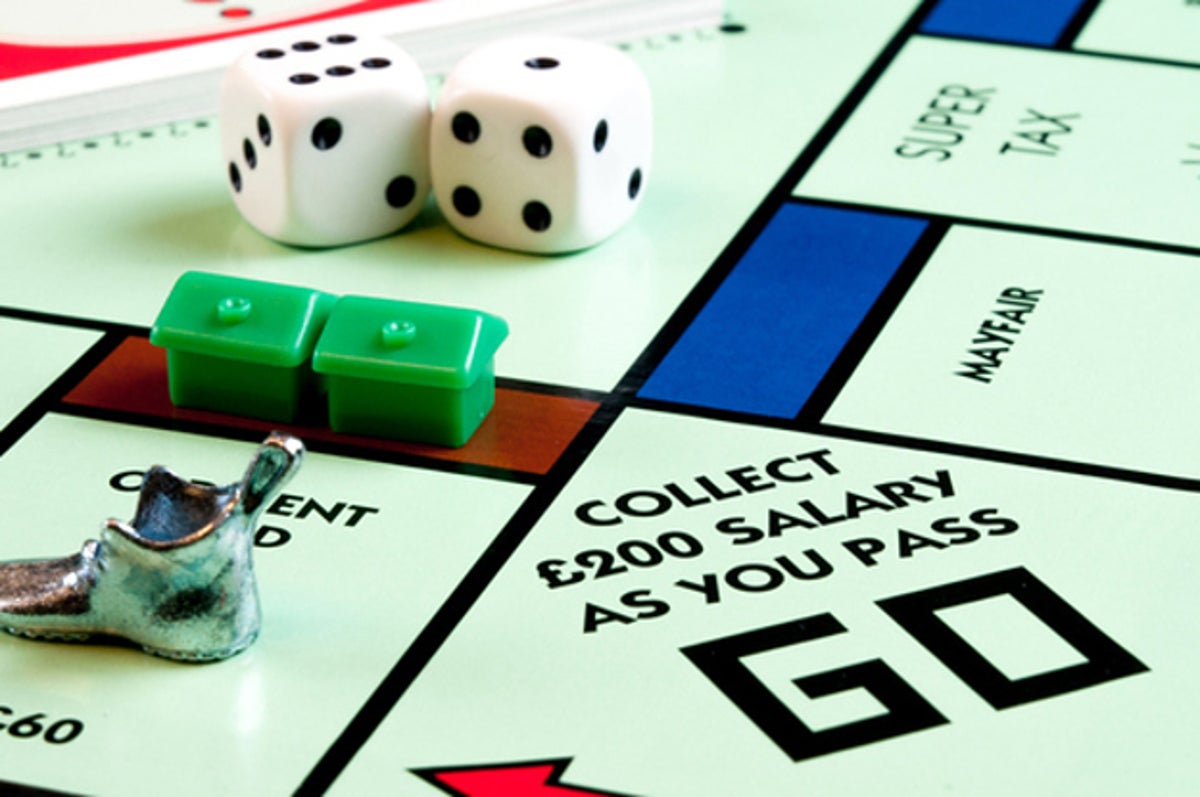
Surprising facts about popular board games
Board games have been a source of entertainment for centuries, bringing families and friends together to share a good time and engage in friendly competition each other. . This game and others like Senet from ancient Egypt show that humans have long enjoyed strategic gameplay and social interaction through these tabletop diversions.
Monopoly – more than just a game
It was created in 1903 by Elizabeth Magie as “The Landlord’s Game” to demonstrate Georgism’s economic principles and criticize land monopolies. In the 1930s, Charles Darrow adapted and popularized Monopoly.
Scrabble – a depression-era creation
Scrabble, the word game loved by millions, was invented during the Great Depression by architect Alfred Mosher Butts. Initially called “Lexiko” and later “Criss-Crosswords,” the game didn’t gain popularity until the 1950s when Macy’s president discovered it while on vacation.
Chess – the game of kings and computers
Chess has challenged minds for over 1500 years. Many people need to learn that the queen was originally the weakest piece on the board, only able to move one square diagonally. It wasn’t until the 15th century that the queen became the powerful icon we know today. In modern times, chess has become a battleground for human versus artificial intelligence.
Catan – a modern classic
Settlers of Catan, now simply Catan, has become a modern board game phenomenon since its release in 1995. Created by Klaus Teuber, a dental technician from Germany, Catan has sold over 32 million copies worldwide and has been translated into more than 40 languages.
Trivial Pursuit – born from a Scrabble game
Trivial Pursuit, the game that tests players’ knowledge across various categories, was conceived in 1979 by two Canadian journalists. Chris Haney and Scott Abbott came up with the idea while playing Scrabble.
World’s most expensive board game
While most board games are affordable, some editions can be precious. The most expensive commercially available board game is a Jewel Royale Chess Set, valued at over $9.8 million. From ancient games played by pharaohs to modern classics enjoyed in living rooms worldwide, board games remain integral to human culture and social interaction.
Therapeutic use of board games
In recent years, board games have found applications beyond entertainment. Therapists and educators have begun using board games as tools for cognitive development, social skills training, and even trauma therapy. Games like Therapy, The Game and The Ungame are designed to facilitate therapeutic communication, Bonuses and emotional expression. This trend highlights the potential of board games to impact mental health and personal growth positively.
Board games mathematics
Many popular board games have deep connections to mathematics and probability theory. For example, Yahtzee is an exercise in probability and statistics. Backgammon, one of the oldest board games, has been studied extensively by mathematicians to develop optimal strategies. Even simple games like Chutes and Ladders can be analyzed using Markov chains, a mathematical system that models randomly changing systems. So the next time you gather around a table to play a game, remember that you’re not just having fun – you’re participating in a rich tradition that spans cultures, generations, and disciplines.


